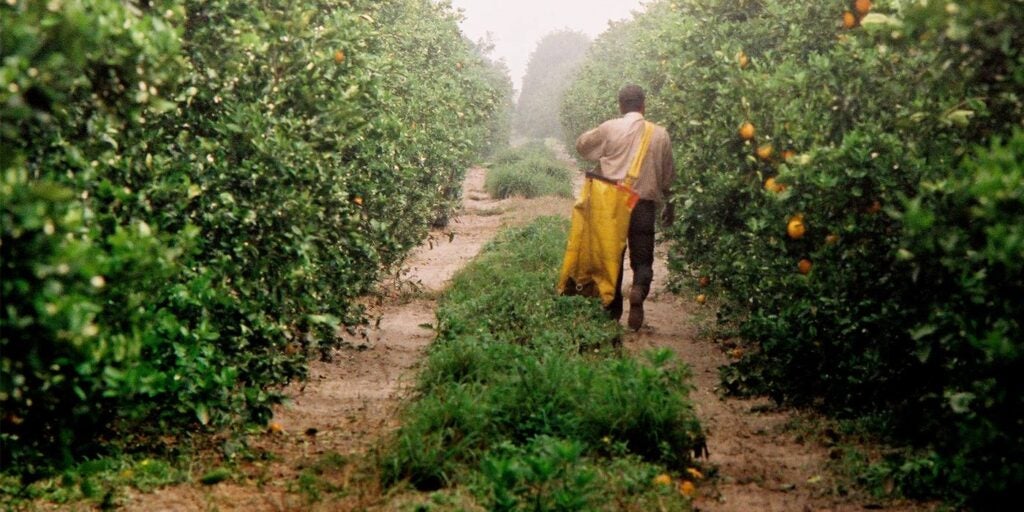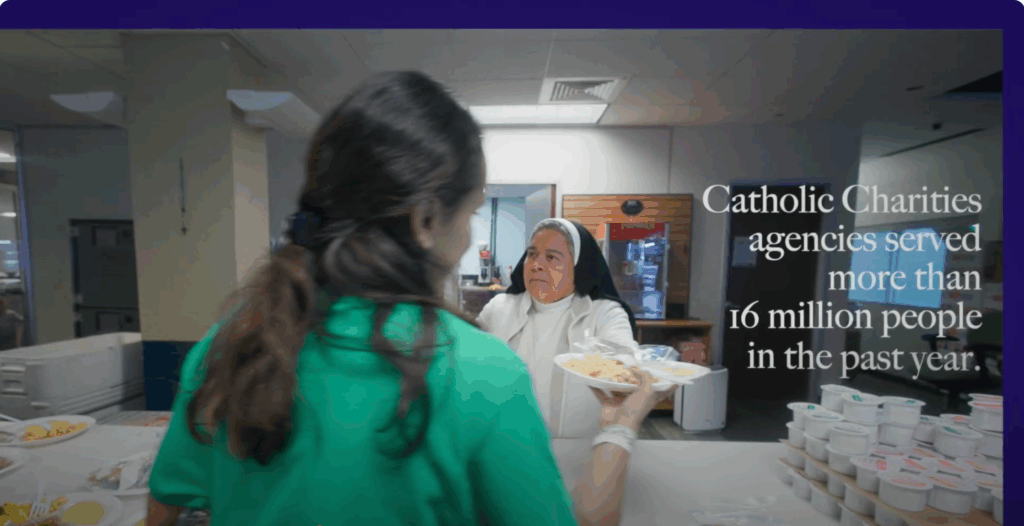

The word “gleaning” may bring to mind the biblical book of Ruth in which its eponymous character gleans grain from the fields of Boaz. “Gleaning” refers to the ancient practice of allowing poor people to harvest the surplus produce from a farmer’s field. Despite its early origins gleaning still happens today wherever there are farms, like New Jersey.
An organization called Farmers Against Hunger (FAH), a program of the New Jersey Agricultural Society, makes it easy for volunteers to participate in gleaning and for farmers to do good with their surplus. FAH works with 70 farmers across the state who have signed on with the organization and sends approximately 1,200 volunteers per year to glean excess produce as it becomes available. The organization then transports the produce to a network of food banks and pantries that distribute it to the hungry.
Last year, FAH “rescued” 1.4 million pounds of produce through gleaning and direct donations from farms, grocery stores, and wholesalers. The organization has been working in New Jersey for the last 20 years.
Staff members from Catholic Charities Diocese of Camden got to experience gleaning first-hand during their Staff Day of Mercy. The team of 20 volunteers spent the day at Porch Farms in Pedricktown, which had a surplus crop of cucumbers that farmer Brian Porch told FAH were ready to be donated if there were people ready to pick them. Over the span of two hours the Catholic Charities team collected 2,600 pounds of cucumbers. Some went to the Camden agency’s food pantries, and the rest were distributed by FAH to organizations that feed the hungry throughout the region.
Elyse Yerrapathruni is the Gleaning and Volunteer Coordinator for FAH and served as Catholic Charities’ guide for the day. She has worked with FAH for five years, three of them as a staff member. “It’s really great to have the opportunity to help people in need,” Yerrapathruni said. “It’s nice to be able to give people fresh, healthy produce to supplement what they usually get.”
In Salem County, Catholic Charities operates a wellness program that stresses the importance of healthy eating and provides nutrition education to residents. More than simply providing food to those who are hungry, the program aims to break the link between food insecurity and poor health that exists for many families living in poverty.
Salem County has one of the highest food insecurity rates in the state, with more than 14 percent of its population experiencing a lack of access to consistent, adequate food, according to Feeding America.
The program has forged connections with gleaning and emergency food organizations throughout the county and aims to help connect perspective volunteers with opportunities to donate fresh foods. “So many people in Salem don’t have access to fresh food and vegetables,” said Camille Cuentas, outreach coordinator for the Salem Wellness program. “What we did that day is going to help so many people. That really is mercy in action.”
Maria Desher is a case manager with Catholic Charities Welfare to Work program. Her typical day doesn’t include picking vegetables for the hungry, but, she said, it made a nice change. “It’s a different way to do good.”








